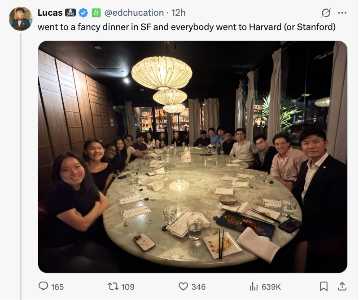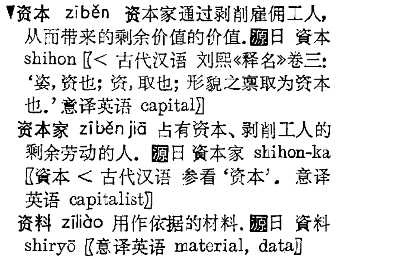aner said in #4085 8mo ago:

Most responses from younger RW white folks has been to call Asians soulless, contrasting Vivek's tiger mom culture with the beautiful White American culture of quarterbacks and cheerleaders. Where are the modern day Mozarts or Isambard Brunels? The Whites nearest to keeping alit the torch of European innovation and exploration are, ultimately, in agreement with the basics of the Asian Century. How could anyone forget Elon Musk borrowing from Tropic Thunder with the line 'F*** Yourself in the Face’ to lash out at the H1B reformers on Xitter? Moreover, on RW white criticism of Asians, BAP says many of the "elite institution Asians" have traditionally been limited by admissions departments due to the fact that they pursue provincial, well-paying jobs such as medicine. However, the "Asian sublimation" of Peter Thiel's "dropout-ism" has inspired many Zoomer Asians to reach higher; many have become iconoclastic (e.g., the Cluely folks) and forthrightly ambitious. And major institutions are willing to back such folks.
Maybe European degrowth isn't so myopic after all. Instead of competing over who is going to be the better Singapore, maybe we shouldn't compete at all. Perhaps re-wilding or re-barbarizing the European man is necessary for "history" or "the species" to move again. It seems, on our current trajectory, that the Asian Century is not merely about the domination of Asian people in the West, but also the "Asianization" of White peoples. Is it really that much of a stretch to see the Large Language Model form of rationality as an extension of "Asian ways of knowing", to use that hilarious phrase of leftist anthropology?
Asian immigration is the biggest problem of the 21st century for the West. Or am I overreacting? What am I missing? Is my understanding of Asian people too simplistic? Are White people just limited by regulation and multicultural discrimination against them? Or has the White Man ceased to strive? Disabuse me, please, of this notion.
referenced by: >>4088 >>4099 >>4136
Dread it, run from i
